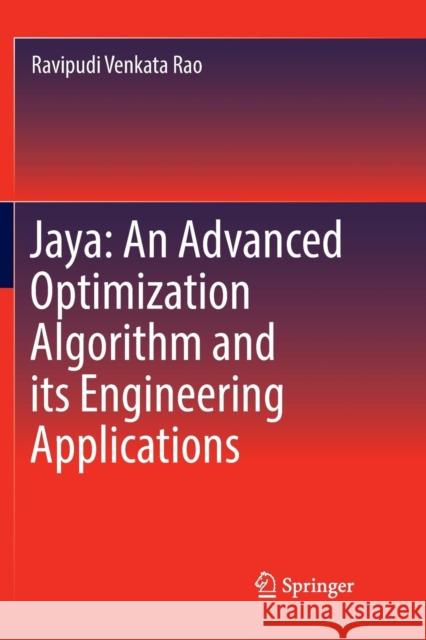Jaya: An Advanced Optimization Algorithm and Its Engineering Applications » książka
topmenu
Jaya: An Advanced Optimization Algorithm and Its Engineering Applications
ISBN-13: 9783030076801 / Angielski / Miękka / 2019 / 334 str.
Kategorie:
Kategorie BISAC:
Wydawca:
Springer
Język:
Angielski
ISBN-13:
9783030076801
Rok wydania:
2019
Dostępne języki:
Ilość stron:
334
Waga:
0.49 kg
Wymiary:
23.39 x 15.6 x 1.88
Oprawa:
Miękka
Dodatkowe informacje:
Wydanie ilustrowane











